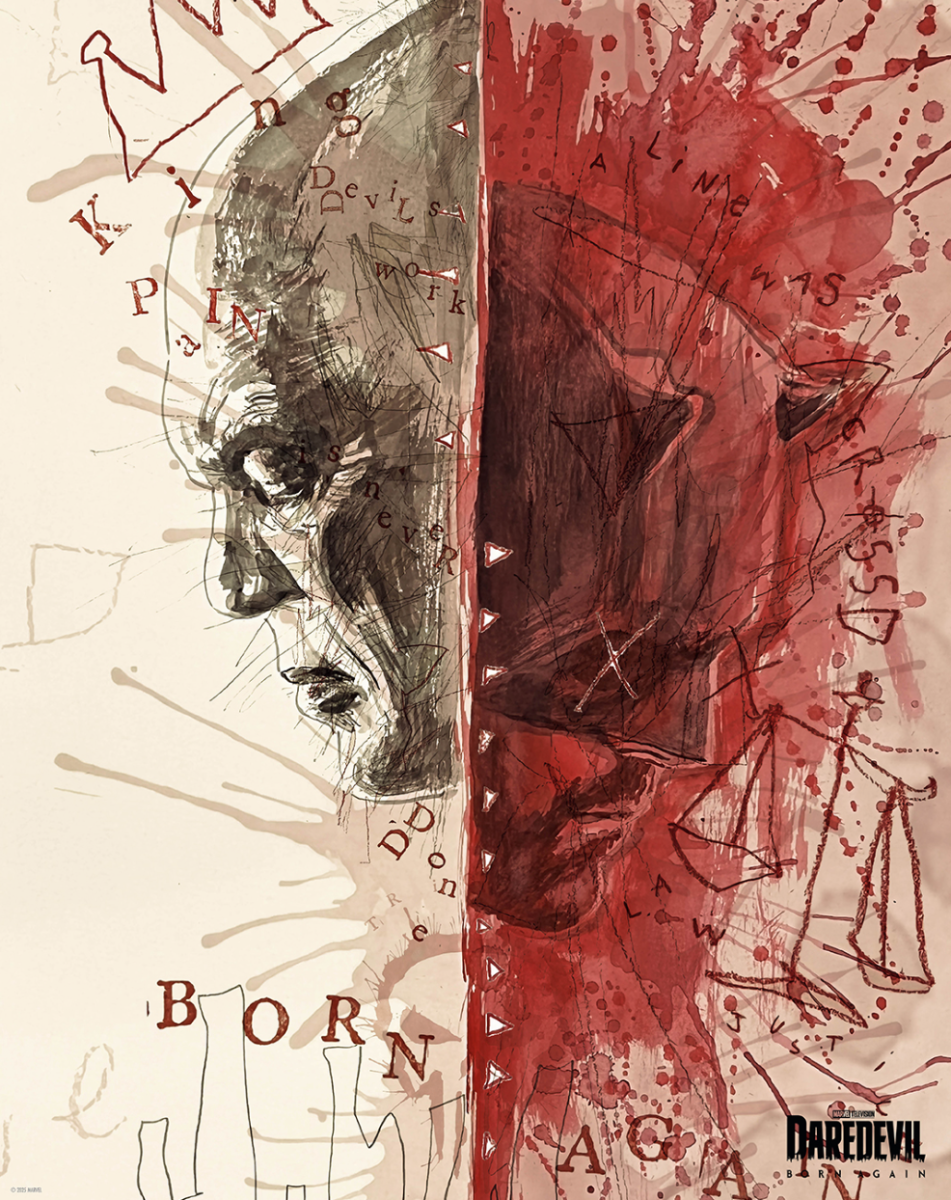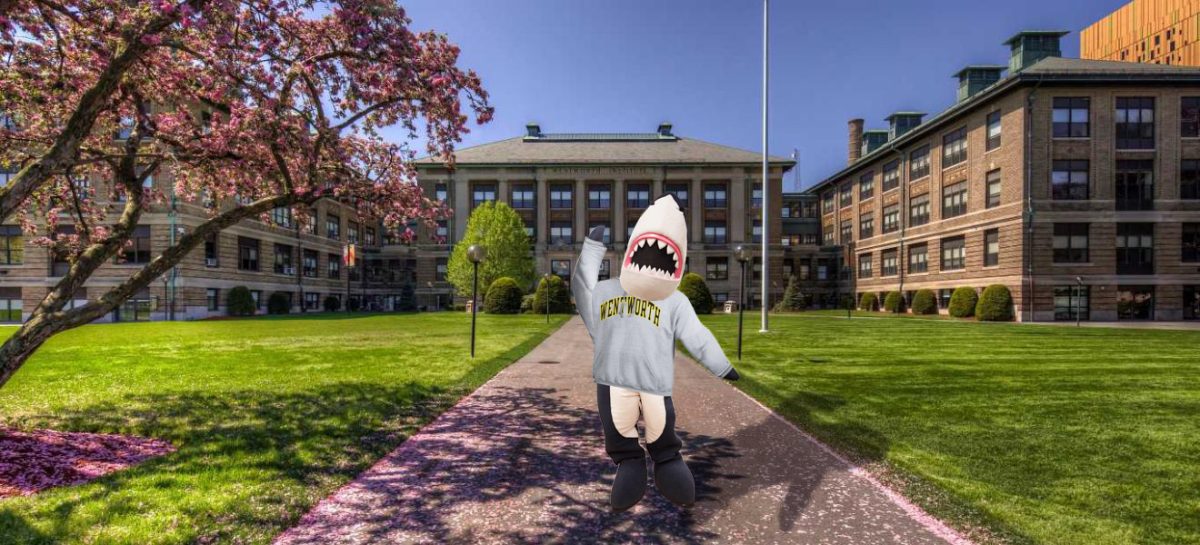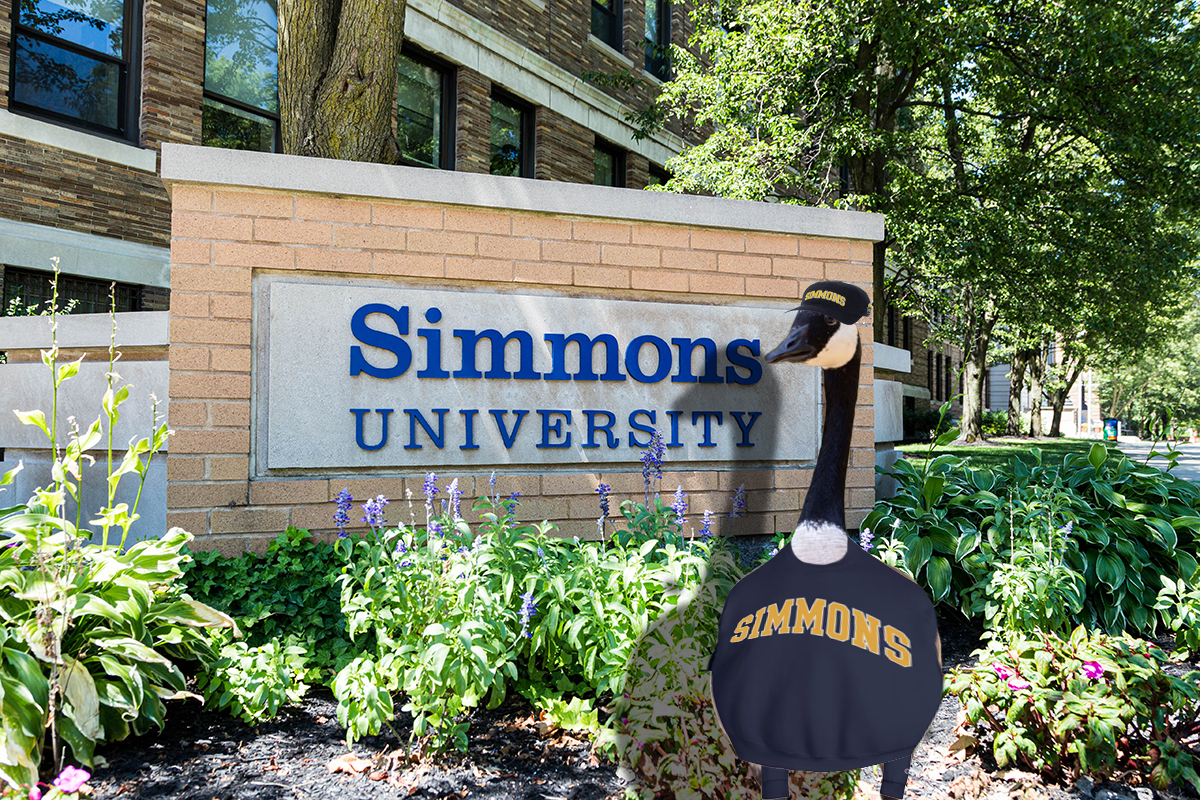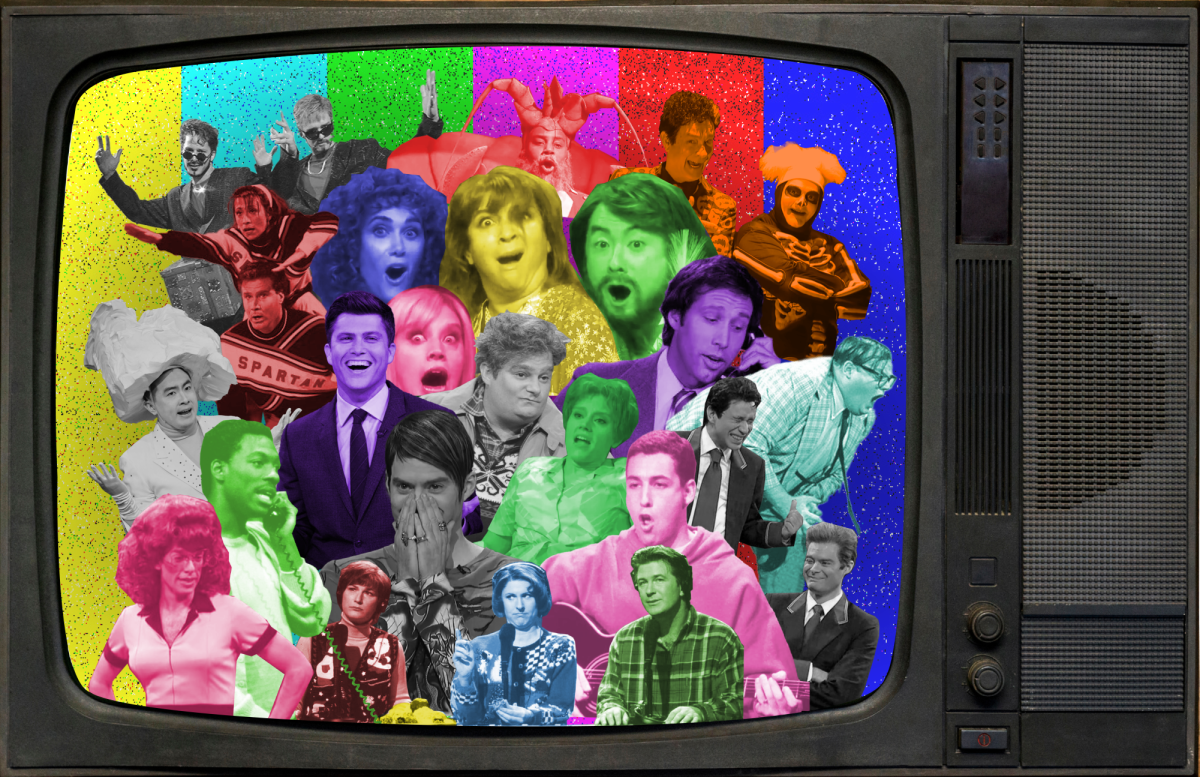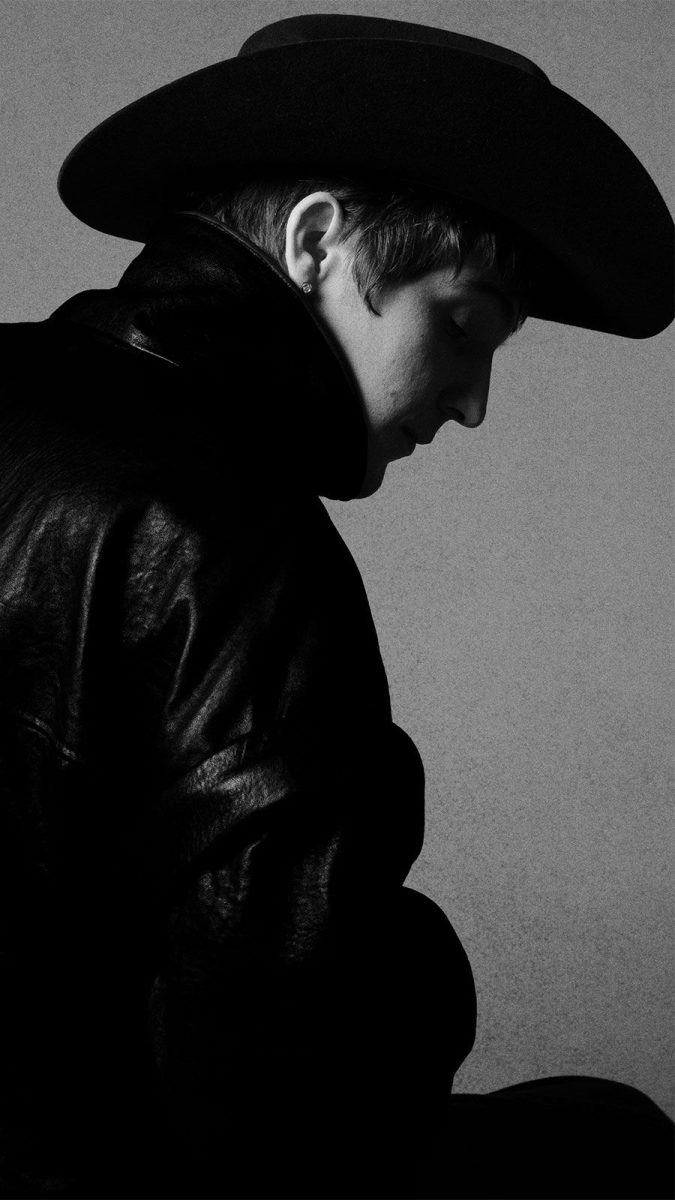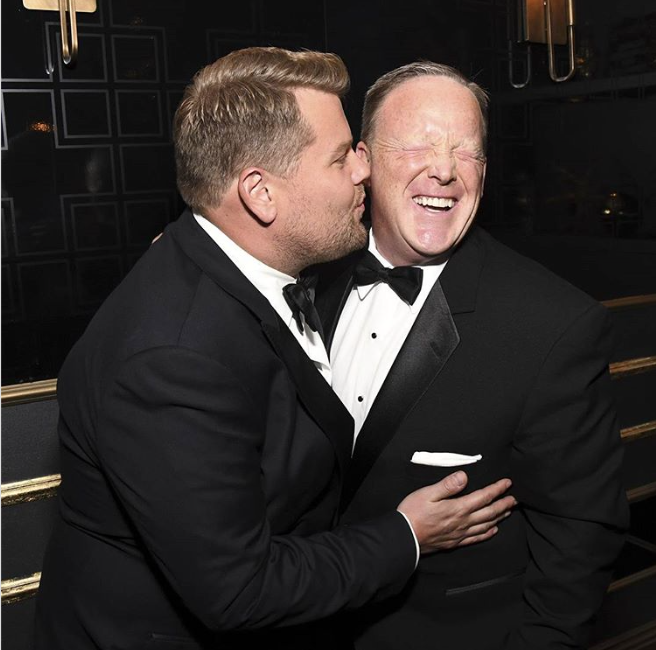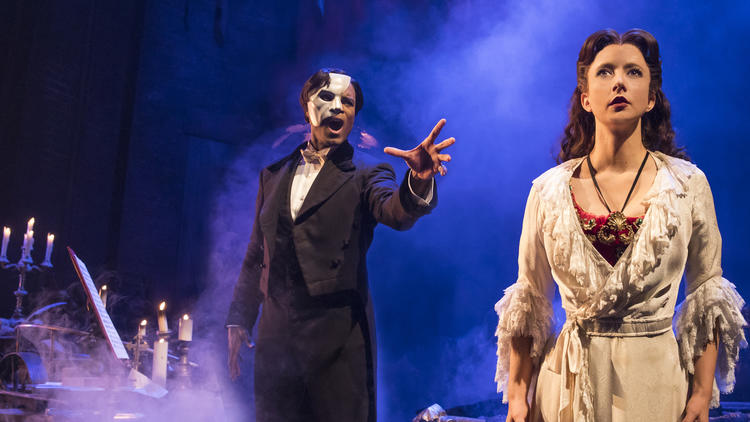By Kate Joseph
Staff Writer
The rise of the blockbuster film decades ago cemented the popularity of one-dimensional action thrillers with the ability to excite audiences. Sure, good-hearted violence and flashy action sequences are entertaining, but they can rarely make up for serious issues in story and moral.
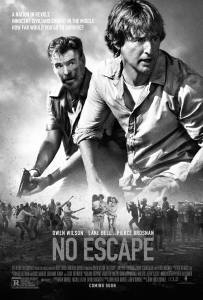
(Photo from TheMarySue.com)
“No Escape” is certainly no exception. The film, which debuted on Aug. 26, includes graphic violence, frightening acts of terrorism, and a family in peril, but the scariest thing about this movie is its racist and xenophobic core.
The film centers on Jack Dwyer (Owen Wilson), an engineer who has just moved his wife, Annie (Lake Bell), and two young daughters to an unnamed, vaguely Southeast Asian country for a new job. Shortly after their arrival, a battle between rebels and law enforcement breaks out and the Dwyers discover they, among other foreigners in the country, are being violently pursued. Despite the film’s title, the family repeatedly escapes the dangerous rebels, watches dozens get murdered, occasionally take out a few themselves, conveniently seek help from a British agent (Pierce Brosnan) and, of course, wind up with a happy ending.
It’s tough to recognize this film for any positive aspects after exploring its blatant coating of racism, so let’s get that out of the way now.
This movie is thrilling. Once the suspense kicks up it never lets down until the very last scene, and it is continuously intense. Notably, the trailer depicts a scene in which Dwyer has to throw his children from one building top to another for his wife to catch in order to escape the rebels. There are several other genuinely horrific scenes that are well done in a sense of delivering thrills.
However, “No Escape” relies heavily on shock value. The building-top scene is a good example of this, but it gets even worse with an attempted sexual assault and a scene where one of the Dwyer daughters is nearly forced to kill another family member.
Plus, the family dynamic is unique. Most action films focus on a man, sometimes with a womanly love interest by his side, but the stakes are definitely raised here because it is a married couple with two young, cute kids. This aspect adds suspense and sympathy, but doesn’t carry the film like marketing for it may have suggested.
The casting for this film is interesting, if not strange.
Owen Wilson and Lake Bell are known largely for their comedic roles, but that is precisely why they were cast. Brothers Drew and John Erick Dowdle penned the script, with John Erick directing and Drew producing, and stated they were searching for actors like Wilson and Bell.
“We really wanted someone you don’t think of like this,” Drew told Variety last month. “It was fun to try and push an actor away from what you’d typically think of them doing.”
The unusual pair does unexpectedly fit these roles, though aside from displaying looks of terror and hopelessness, they don’t have much to work with.
Meanwhile, Pierce Brosnan, James Bond himself, is underutilized. His character, Hammond, is mainly used as a tool to explain what’s going on and conveniently shows up to help the struggling Dwyer family along a few times.
However, even if this movie had stellar acting, any character development at all, or some sort of brilliant narrative and resolution, it would still not cover up the uncomfortably overt racism.
First off, many details of this film are so vague that it clearly works off the assumption that anyone watching understands that this kind of thing “just happens.” The country is never explicitly stated, though it was filmed in Thailand, and there are only a few lines of dialogue between Dwyer and Hammond discussing why the rebels are angry.
Otherwise, the movie is solely focused on the white, American family that was so “unfortunately” thrown into this situation. It’s hard to diminish what the family goes through, since it is unmistakably rough, but they do get their happy ending. They leave behind a country in peril and bloodshed, but the audience is clearly only meant to care about the attractive foursome of Americans that survive.
In fact, most of the Asian people in this film die, are portrayed as vicious terrorists, or both. As is typical of many American thrillers, if you’re a person of color, you are expendable by default. Ultimately, “No Escape” is
an exploit of problems in foreign countries that extends the typical xenophobic American’s fear-mongering of other races and countries. The events of this film are purely fictional and exist here only to perpetuate ugly misunderstandings of countries populated by people of color.
If you can get past “No Escape”’s alarming use of racism and reliance on shock-value, you might want to catch it at some point on TV or a plane, but please resist contributing your money to this white-centric, fear-mongering movie.








